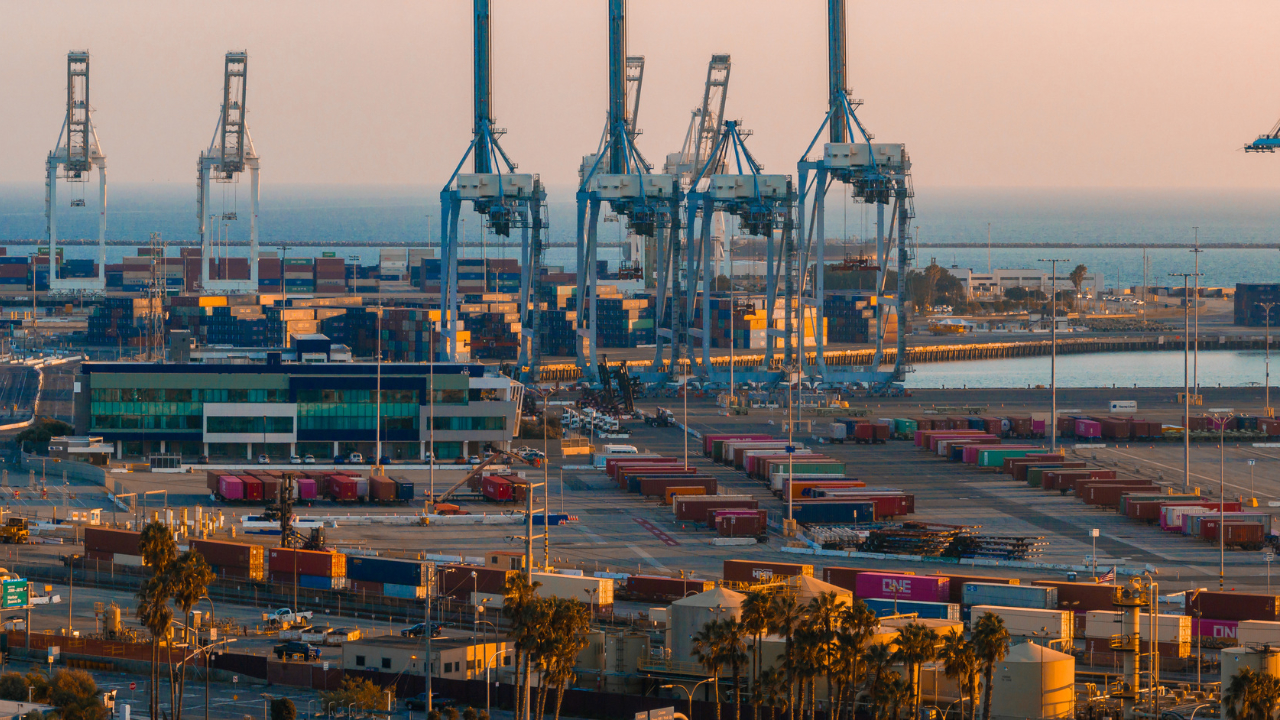
The Ports of Los Angeles and Long Beach — the nation’s largest maritime gateway — have reached a major milestone in their clean-air transition. Under a newly approved cooperative agreement with the South Coast Air Quality Management District (AQMD),both ports will jointly develop the infrastructure and investment plans needed to support zero- and near-zero-emission trucks, locomotives, and cargo-handling equipment over the next decade.
Rather than imposing rigid mandates, the AQMD’s “cooperative agreement” introduces a three-phase implementation plan designed to accelerate emission reduction while giving port stakeholders time to adapt. Each phase includes technology verification and annual reporting, ensuring measurable progress and transparency. Non-compliance could lead to penalties of US$50,000to US$200,000, funds that will go toward projects benefiting nearby communities.
“This milestone has been more than a decade in the making, ”said Venessa Delgado, Chair of the AQMD Governing Board. “It reflects a collective commitment to cleaner air for the South Coast region.”
Port stakeholders — including terminal operators, shipping lines, and trucking associations — largely welcomed the cooperative framework. Many see it as a more practical and inclusive path forward compared with the Indirect Source Rule (ISR)originally proposed in 2021, which would have limited industry participation.
“We want flexibility, not rigid regulation,” said Robert Loya, CEO of the Harbor Trucking Association, emphasizing that collaboration will accelerate adoption of sustainable technologies without capping cargo growth.
Mike Jacob, President of the Pacific Merchant Shipping Association, agreed:
“The real-world transition to zero emissions is ambitious, complicated, and expensive. The cooperative approach allows new technologies to fail before they succeed — and that’s essential to long-term innovation.”
he ports’ roadmap recognizes that each transport mode —trucks, rail, vessels, and cargo-handling — faces distinct technological and operational challenges. The agreement aims to ensure that emissions reductions are technically achievable, economically sustainable, and operationally realistic for every stakeholder in the supply chain.
For the wider logistics community, this collaborative model offers an important lesson: environmental progress and trade competitiveness can advance together, provided industry, regulators, and technology innovators share accountability.
At Worldtop & Meta, we see this as a blueprint for global port sustainability partnerships — where policy, innovation, and logistics execution align. For shippers and logistics planners, the takeaway is clear: building future-ready supply chains means investing early in cleaner, compliant, and collaborative transport networks.
Source: https://www.joc.com/article/la-lb-emissions-agreement-with-aqmd-sets-realistic-timelines-stakeholders-6112347